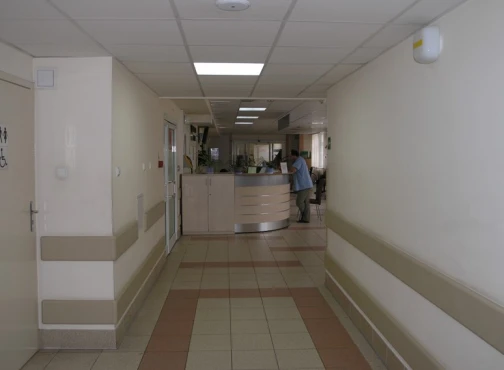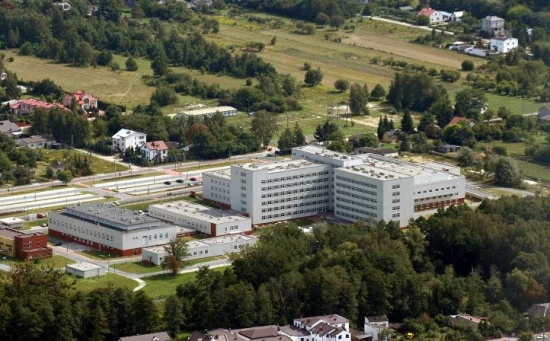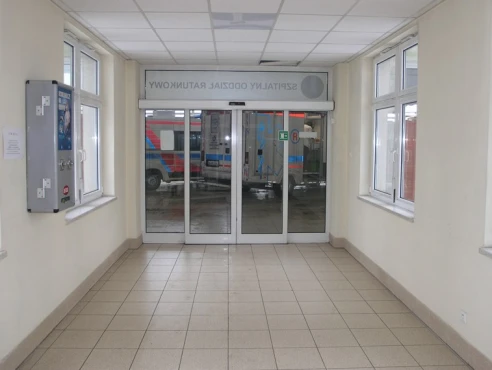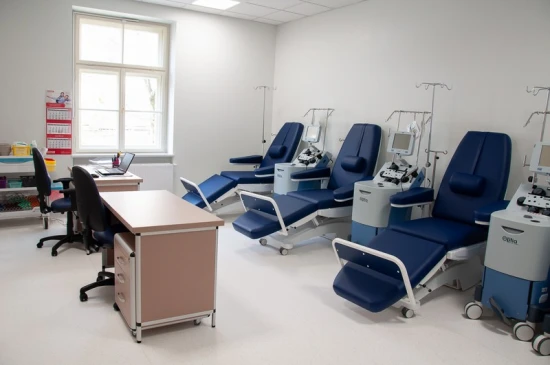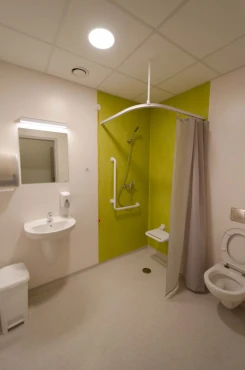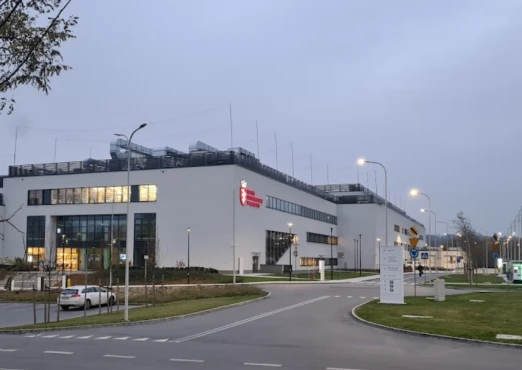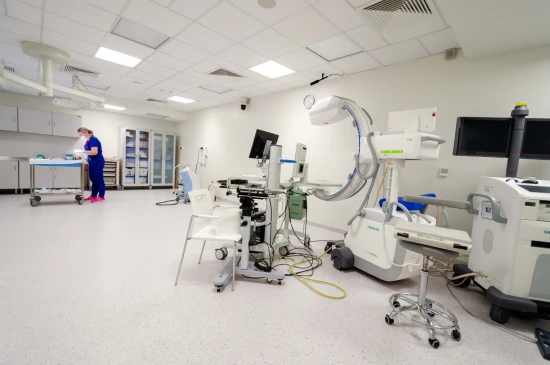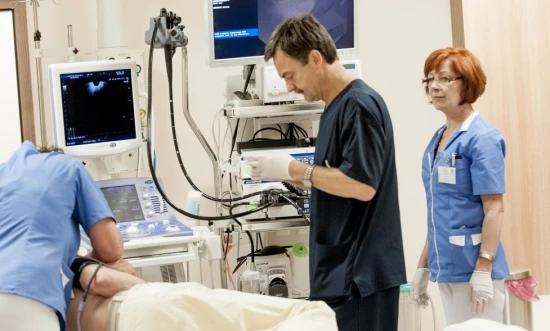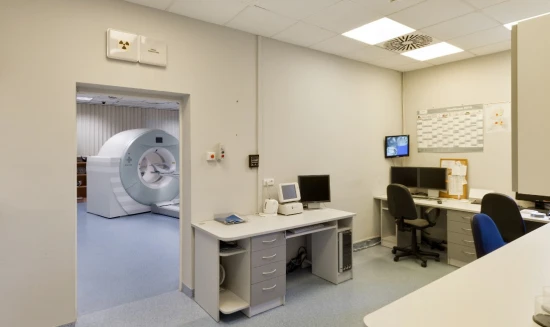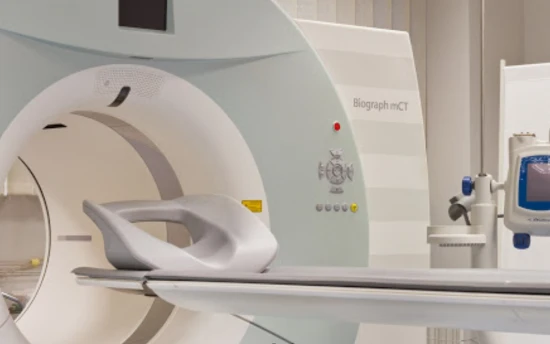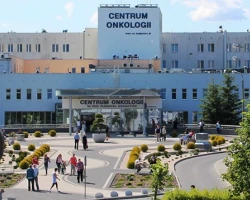Thymectomy in 2 Thoracic surgery clinics in Poland
2 clinics specializing in Thoracic surgery providing
Thymectomy
Thymectomy is a surgical procedure involving the removal of the thymus gland. It is performed to treat conditions such as thymoma, myasthenia gravis, or other autoimmune disorders associated with the thymus.
Read more...
procedure in Poland.
Grodzisk Mazowiecki · 1
Kraków · 1
Sorted by:
Relevance
Rating
Cost of procedures
Relevance
Prices for selected procedures, total:
≈ $6,587
Prices for popular procedures:

Grodzisk Mazowiecki, Poland
Specializations: Cardiac surgery, Vascular surgery, Thoracic surgery, Neurosurgery, Spine surgery, Orthopedic surgery, Oncology
Our top priority is to provide the highest quality medical services. Since the very beginning this had been guaranteed by state of the art equipment
read more
Prices for selected procedures, total:
≈ $6,587
Prices for popular procedures:

Kraków, Poland
Specializations: Cardiac surgery, Vascular surgery, Thoracic surgery, Neurosurgery, Spine surgery, Orthopedic surgery, Oncology
The University Hospital in Krakow is a leading medical centre on the national scale, with rich longstanding traditions. Its renown has been built over decades
read more
1 nearby similar clinic in Poland
Perhaps you should consider 1 more clinic we have found nearby basing on your Location, Procedure filters applied.
Procedure price distribution in Poland
Thymectomy:
$6,587
This price found at
Samodzielny Publiczny Specjalistyczny Szpital Zachodni im. św. Jana Pawła II
in Poland, Grodzisk Mazowiecki
$6,587
This price found at
University Hospital in Kraków
in Poland, Kraków
Minimum Average Maximum
Procedure prices in popular countries:
Thymectomy:
Turkey
$10.1 K - 10.1 K
in
22 clinics
China
$24.0 K - 24.0 K
in
5 clinics
Germany
$26.0 K - 26.0 K
in
31 clinics
Israel
$38.3 K - 38.3 K
in
13 clinics
United States
$46.8 K - 46.8 K
in
9 clinics
Countries with the highest number of clinics offering the procedures treatment:
Thymectomy:
worldwide
370 clinics
Germany
31 clinics
Turkey
22 clinics
India
19 clinics
Spain
16 clinics
South Korea
14 clinics
Clinics grouping by rating
Clinic with the highest rating of 3 — University Hospital in Kraków in Kraków, Poland, clinic with the most reviews number of 609 — University Hospital in Kraków in Kraków, Poland.
